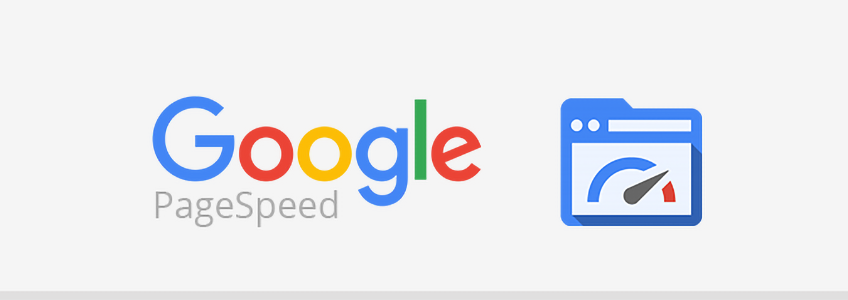
How to Use Google Pagespeed Insights to Your Website’s Advantage?
It takes weeks for a business to build a website with all the products and services listed in one place. It goes through many stages and edits until it accurately represents the company. However, when testing the user experience, you encounter a problem with the pagespeed. The website speed is essential for the conversion rate for SEO ranking. Here is how tou se Google Pagespeed Insights to your website’s advantage.
Website optimization helps retain customers, and this includes the page loading time. If the page takes more than 10 seconds to load a page, visitors can get impatient and give up before checking out especially on mobile. However, it is not easy to speed up a website. You need tools to diagnose the problem, one important tool would be the pagespeed test.
How Google Pagespeed Insights Can Help You
Google evaluates websites based on it’s loading time and gives each page a rating out of 100. The pagespeed also determines the ranking, and Google prefers pages that load faster. The insights are beneficial for developers, webmasters, and eCommerce businesses. A faster website equals a lower bounce rate, so the aim is always to keep bounce rate as low as possible.
However, it is not feasible to obsess over the perfect score because websites with a page loading time of 500 milliseconds do not have 100% pagespeed test results. You can use the suggestions recommended by the tool so you can optimize the different issues, code, and other aspects of the webpage. However, your primary concern should be the actual speed.
Other Approaches to Website Optimization
Many factors affect the website pagespeed, you can enhance the performance through various approaches. The objective is to make the content available to visitors as soon as possible. The ordinary person does not care about the Google Pagespeed Insights.
The only purpose of running a pagespeed test is to pinpoint any problems in the website. You do not have to get a perfect score as long as you can bring the perceived loading time down to a minimum.
Get Elemental, Device, and Location-Based Results
With the speed check test, you can test each page element and analyze its size and quantity. There are tools like GTmetrix that will inspect CSS, HTML script files, domains, images, and other graphics to see which one is causing a lag. You can discover bottlenecks, so you know which aspect to fix to lower the loading time.
The page speed test can also check how the page loads on different browsers across multiple devices. If you want your eCommerce business to take off, then the page should be mobile-friendly too. Website optimization includes taking the user device into account as well. Not only that, but the location also affects the website speed. For pulling a broader audience, your website should load quickly in all regions, and you can check that using the pagespeed tools such as GTmetrix.
How Page Speed Test Results Help Google
Search engine optimization does not only cover targeted keywords and links. The website speed affects the SEO ranking too. Since they run the Google Pagespeed Insights themselves, Google uses the metric to evaluate a website also. The Google Search Engine Page Results reflect a combination of relevance, popularity, pagespeed, and other factors.
Even though Google uses the pagespeed test results to determine the SERP rankings, that is not the most important determinant. You should take it only as a ranking factor and use it to judge the speed performance.
Google uses more than the pagespeed score to rank your website, and even if you have a 100% output, it alone cannot guarantee your website will appear on the first page of the search results.





